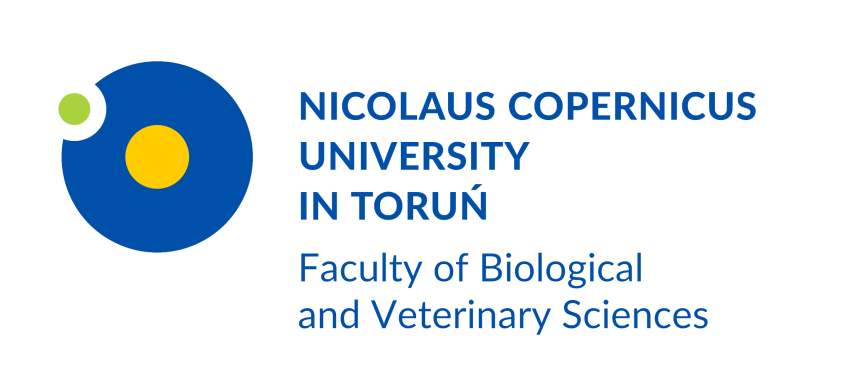Department of Microbiology
The Department of Microbiology was established in 1965 by Prof. dr hab. Edmund Strzelczyk. In a short time, it became a unique research center for the microbiology of soils and forest trees. The studies concerned the interaction between tree roots and microorganisms (mycorrhizal symbiosis, endophytic bacteria) and the role of microorganisms in the proper functioning of forest ecosystems.
The studies are continued and modern molecular methods are used in their realization.
Another field of research of the Department of Microbiology are microorganisms, mainly actinomycetes, which inhabit extreme environments (desert soils, saline soils), searching in these environments for microorganisms, so far unknown and unidentified. There is also research on the potential of microorganisms for recultivation of soils contaminated with heavy metals or saline soils. Nanobiotechnological studies are also developed on the production of metal nanoparticles, especially silver, by the actinomycetes of extreme environments.
The Department of Microbiology has cooperated with important scientific centers in the world, e.g., the United States Department of Agriculture, Oregon, USA; Hoffman-La Roche & Co, Switzerland, and, at present, with the Department of Biotechnology Amravati University, India; the School of Biology Newcastle University, England; the Department of Chemistry Aberdeen University, Scotland; the Faculty of Agriculture and Environmental Sciences, the University of Rostock; the Department of Molecular Biology and Genetics Aarhus University.

 ul. Lwowska 1, 87-100 Toruń
ul. Lwowska 1, 87-100 Toruń



